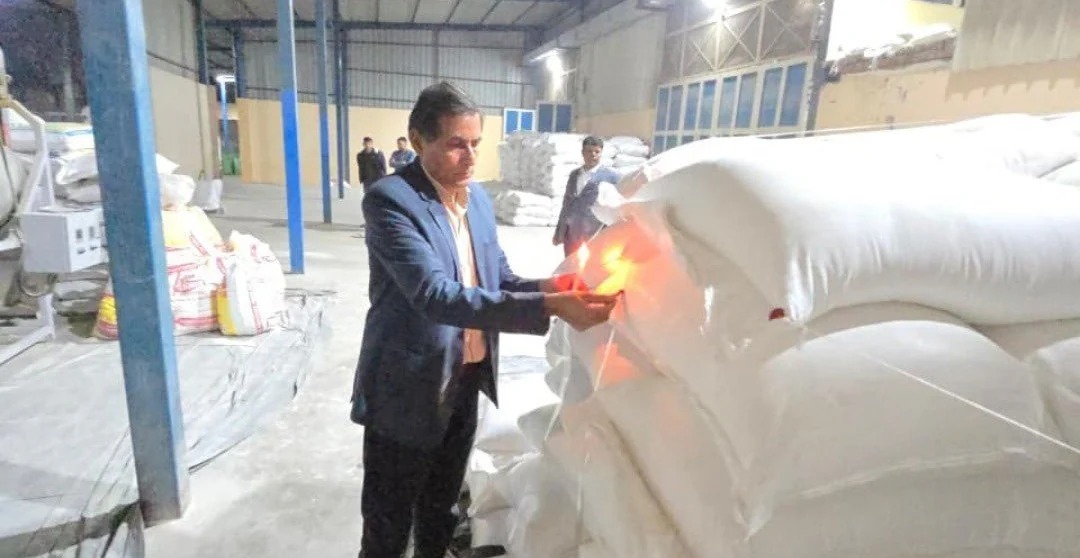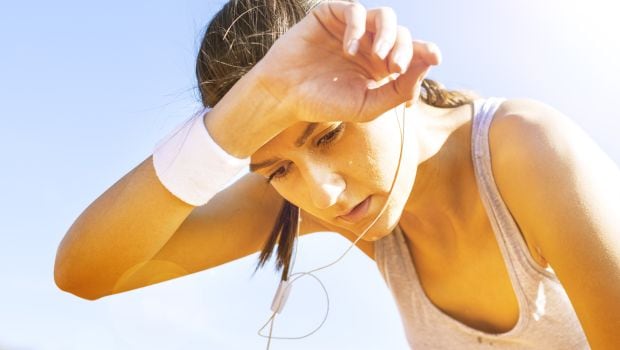Everyone perspires for different reasons. While some start drenching with sweat just after a few steps, others go all about without a drop of perspiration for hours. Sweating is considered as a natural and necessary process, which cools down the body through evaporation. When you sweat, your body also releases out trace amounts of minerals, and certain toxins like urea from the body, clearing your system to some extent as well. But it does bring along with it the problem of body odour, for which you need to take proper care. Just about any amount of sweat is considered normal until and unless you are sweating excessively all the time. Excessive sweating may indicate a medical condition called hyperhidrosis. Here are some common causes of sweating –1. Heat and Humidity
When there is a rise in the temperature, millions of tiny sweat glands get activated and sweat is released through the pores. As the sweat evaporates, it cools the skin, but the leftover sweat tends to be problematic, especially on humid days when the air is saturated with moisture and the sweat evaporates slowly.You can prevent sweating by making use of the clinical-strength antiperspirant deodorant, which can help block sweating and bad odour. You can also wear light-weight natural fabric in order to stay dry.
 2. Excessive Workouts
2. Excessive Workouts
Exercising increases the level of the body’s internal heating system. When you work your arms and legs, the body’s temperature rises, and sweating is the body’s way of getting rid of the extra heat.
In order to curb the sweat, you can try exercising indoors in a relatively cool place. In case you can’t practice indoors, exercise in the morning or evenings. Remember to drink plenty of water as you lose body fluids through sweat.
 3. Strong FeelingsEven your emotions of love or anger can make you sweat. Emotional feelings trigger the sweat glands on the palms of your hands, under the arms and on the soles of your feet. A good deodorant can help keep your underarms dry. For perspiration on the palms of your hands or soles of your feet, you can practice a technique called iontophoresis. Under this, your hands or feet are submerged in water that is charged with a mild electrical current, or moist electrode pads are applied to the skin.
3. Strong FeelingsEven your emotions of love or anger can make you sweat. Emotional feelings trigger the sweat glands on the palms of your hands, under the arms and on the soles of your feet. A good deodorant can help keep your underarms dry. For perspiration on the palms of your hands or soles of your feet, you can practice a technique called iontophoresis. Under this, your hands or feet are submerged in water that is charged with a mild electrical current, or moist electrode pads are applied to the skin.

4. Eating Hot and Spicy FoodSpicy food and heat trigger same response from the skin, which is why you perspire on your forehead and upper lips when you consume an extra hot curry. Even your cup of morning coffee can cause sweating, as caffeine stimulates the sweat glands. In such cases the simplest thing you can do is to cut down on spicy food.

5. SicknessFever is our body’s way of fighting off an infection. Since our body’s temperature is a few degrees higher than normal, we sweat to cool it off. But it is not necessary to be feverish to sweat. Diabetes and cancer can also cause sweating. You can take the right medication in order to prevent perspiration due to illness.

6. Pregnancy and MenopauseDuring pregnancy, the change in the hormone levels increases blood flow, which slightly raises the body's temperature, leading to sweating. During menopause, the drop in oestrogen affects your body's internal temperature gauge. Wear light breathable clothes. Drink plenty of water and stay cool with a refreshing bath or a shower.
 Disclaimer:
Disclaimer:
When there is a rise in the temperature, millions of tiny sweat glands get activated and sweat is released through the pores. As the sweat evaporates, it cools the skin, but the leftover sweat tends to be problematic, especially on humid days when the air is saturated with moisture and the sweat evaporates slowly.You can prevent sweating by making use of the clinical-strength antiperspirant deodorant, which can help block sweating and bad odour. You can also wear light-weight natural fabric in order to stay dry.
Also Read: (Tomatoes May Trigger Bad Body Odour!)
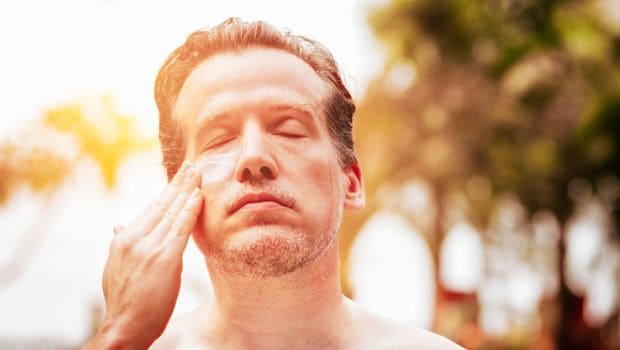
Exercising increases the level of the body’s internal heating system. When you work your arms and legs, the body’s temperature rises, and sweating is the body’s way of getting rid of the extra heat.
In order to curb the sweat, you can try exercising indoors in a relatively cool place. In case you can’t practice indoors, exercise in the morning or evenings. Remember to drink plenty of water as you lose body fluids through sweat.
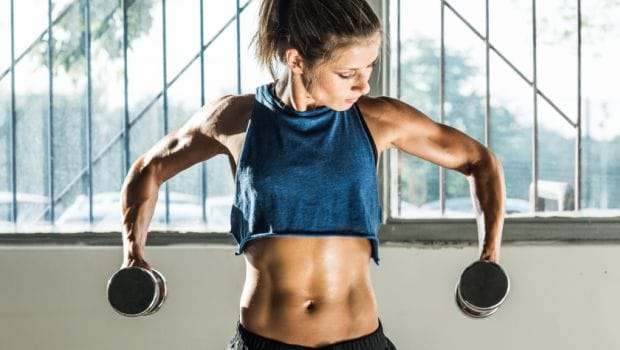

4. Eating Hot and Spicy FoodSpicy food and heat trigger same response from the skin, which is why you perspire on your forehead and upper lips when you consume an extra hot curry. Even your cup of morning coffee can cause sweating, as caffeine stimulates the sweat glands. In such cases the simplest thing you can do is to cut down on spicy food.

5. SicknessFever is our body’s way of fighting off an infection. Since our body’s temperature is a few degrees higher than normal, we sweat to cool it off. But it is not necessary to be feverish to sweat. Diabetes and cancer can also cause sweating. You can take the right medication in order to prevent perspiration due to illness.
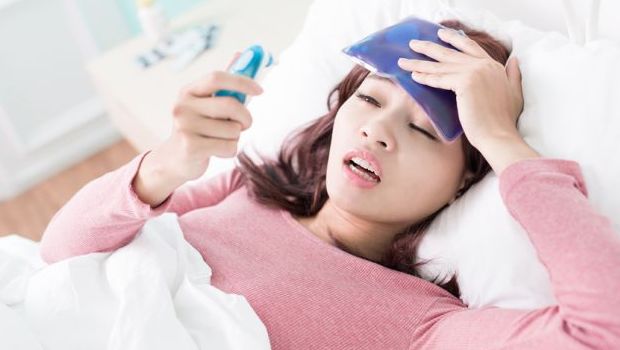
6. Pregnancy and MenopauseDuring pregnancy, the change in the hormone levels increases blood flow, which slightly raises the body's temperature, leading to sweating. During menopause, the drop in oestrogen affects your body's internal temperature gauge. Wear light breathable clothes. Drink plenty of water and stay cool with a refreshing bath or a shower.

The opinions expressed within this article are the personal opinions of the author. NDTV is not responsible for the accuracy, completeness, suitability, or validity of any information on this article. All information is provided on an as-is basis. The information, facts or opinions appearing in the article do not reflect the views of NDTV and NDTV does not assume any responsibility or liability for the same.
Advertisement
